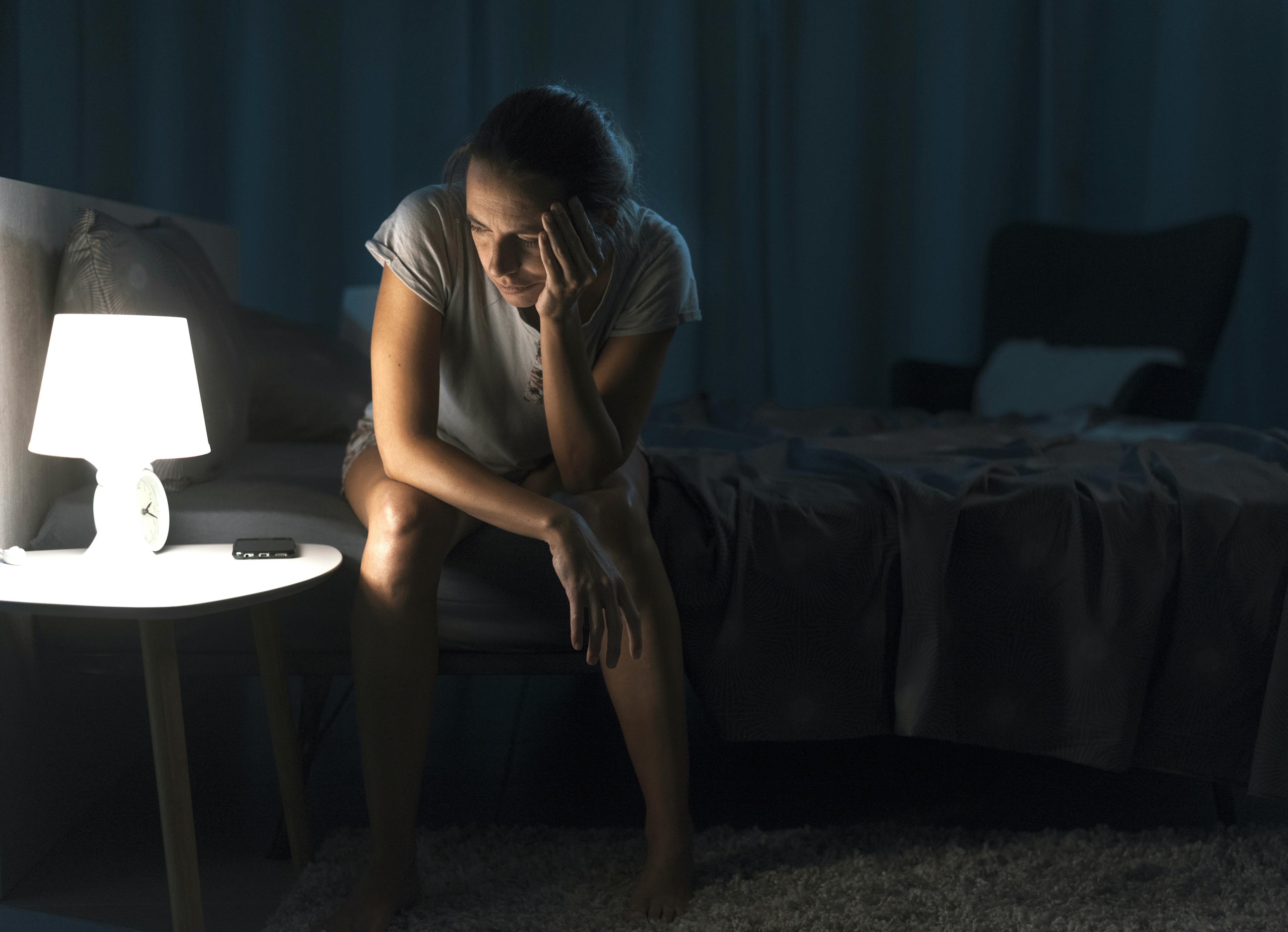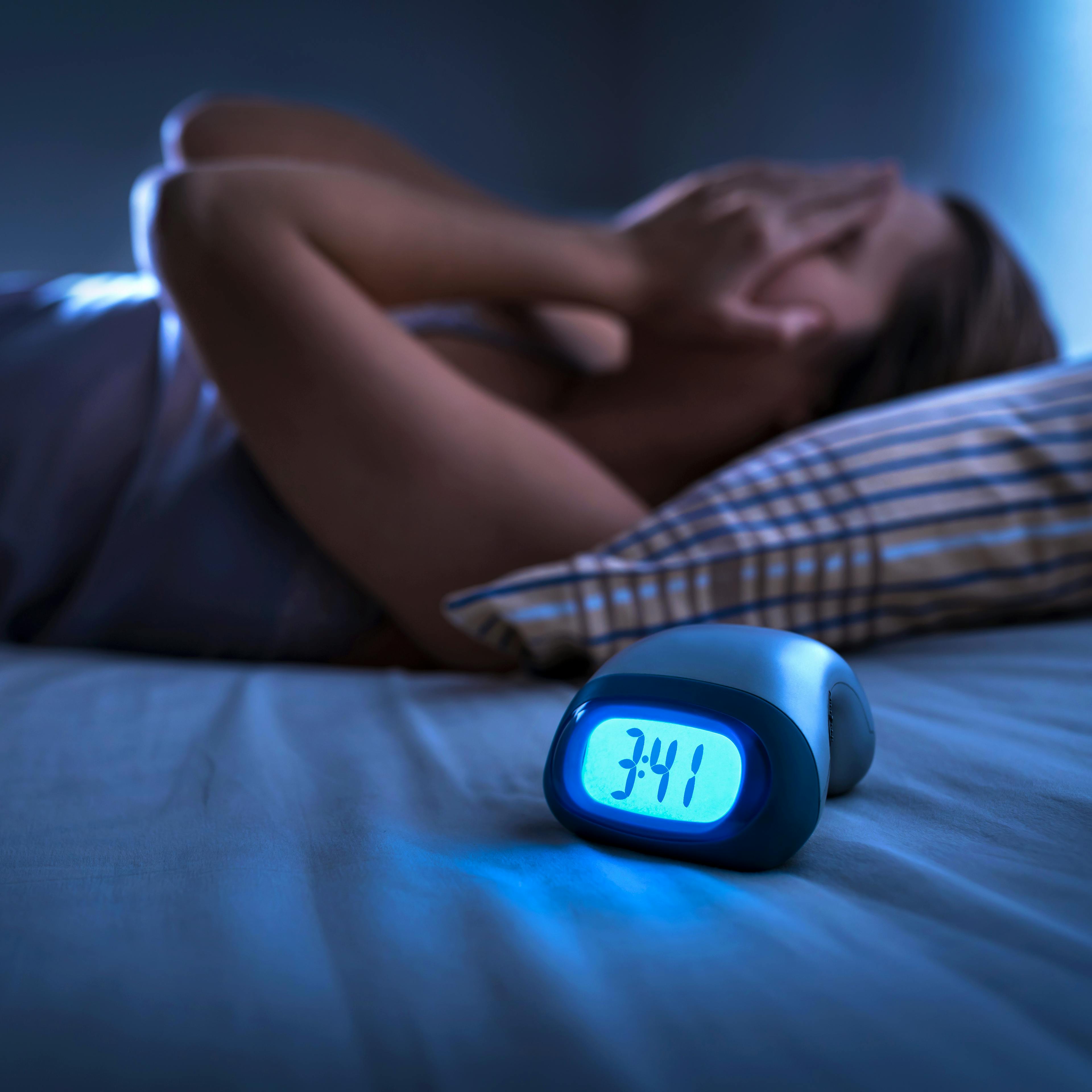For many people, a bad night’s sleep is an occasional frustration. However, when sleeplessness becomes persistent, it may signal a more serious underlying issue. Insomnia is a common sleep disorder that not only disrupts rest but also affects mood, concentration, and overall health. In this article, we’ll cover the different types of insomnia, its causes, proven treatment options, and when it may be time to visit a Houston Sleep Clinic for personalized care.
What Is Insomnia?
Insomnia is more than just tossing and turning. It’s a chronic struggle with falling asleep, staying asleep, or waking up feeling rested. While short-term insomnia can come and go with stressful events, ongoing sleep disruption can have lasting consequences for your health.
Sleep Deprivation vs. Insomnia
Key differences: Sleep deprivation usually happens by choice, such as staying up late to finish work or binge-watch a TV show. Insomnia, on the other hand, persists even when you allow time for rest; your body and mind simply won’t cooperate.
How to know which you may have: If you’re choosing to sacrifice sleep, that’s deprivation. If you’re struggling to sleep despite having the chance, that’s insomnia.

How Long Does Insomnia Last?
- Acute insomnia: Short-term, lasting days or weeks, often triggered by stress, travel, or a sudden life change.
- Chronic insomnia: Ongoing, lasting three months or longer, and often linked to underlying conditions such as anxiety, depression, or chronic pain.
If your symptoms persist for weeks and begin to interfere with your daily life, it may be time to seek a professional evaluation.
Causes of Insomnia
Insomnia rarely has a single cause. Common contributors include:
- Stress, anxiety, and depression: Mental health challenges are among the most frequent triggers.
- Poor sleep habits or environment: Irregular schedules, late-night screen use, or an uncomfortable sleep space can all make rest harder.
- Medical conditions: Chronic pain, sleep apnea, asthma, and restless leg syndrome often interfere with normal sleep cycles.
- Medications and stimulants: Caffeine, nicotine, alcohol, and certain prescriptions can disrupt sleep quality.
Insomnia Treatments and Remedies
Over-the-Counter Sleep Aids
Some people turn to melatonin supplements or antihistamines (like Benadryl or Unisom) for short-term relief. While these can be helpful on occasion, they are not designed for long-term use. Extended use may lead to tolerance, grogginess, or even dependence.
Natural Foods and Teas That May Help With Sleep
Gentle, natural options may support better sleep hygiene:
- Best teas for sleep insomnia: Chamomile, valerian root, and lavender tea are commonly used for relaxation.
- Food that helps you sleep with insomnia: Foods rich in magnesium (almonds, spinach), tryptophan (turkey, dairy), and melatonin (tart cherries) may promote healthier sleep patterns.
Cognitive Behavioral Therapy for Insomnia (CBT-I)
CBT-I is considered the gold standard treatment for chronic insomnia. It works by helping patients identify and change thought patterns and behaviors that interfere with rest. Unlike medications, CBT-I provides lasting improvements and lowers the risk of recurrence.
Prescription Medications (when OTC isn’t enough)
If natural methods and OTC aids don’t work, doctors may prescribe sleep medications. These are usually short-term solutions or targeted treatments for underlying issues such as anxiety or pain.
Insomnia Sleep Studies and Testing
What an Insomnia Sleep Study Measures
Sleep studies record brain waves, heart rate, breathing, and body movement while you rest. This helps sleep specialists understand what’s disrupting your sleep.
When a Study May Be Recommended
Doctors may suggest testing if your insomnia is severe, linked to another suspected disorder (like sleep apnea), or hasn’t improved with basic treatments.
How Sleep Study Results Guide Treatment
The results provide a detailed look at your sleep cycles, guiding your doctor toward the most effective therapies—whether behavioral, medical, or device-based.
When to Visit a Sleep Clinic for Insomnia
Not every case of insomnia requires medical attention, but ongoing sleep problems should not be ignored. A sleep clinic can help determine whether your insomnia is temporary or linked to an underlying condition and guide you toward the right treatment. Here are some signs it may be time to seek professional care and what you can expect from a specialized clinic.
Signs It’s Time to Seek Professional Help
- Insomnia lasts longer than a few weeks
- Sleep problems interfere with your daily functioning, mood, or concentration
- At-home remedies and OTC options haven’t worked
Take Control of Your Sleep Health. Book an Appointment for Insomnia Treatment in Houston
Insomnia doesn’t just make you tired; it raises your risk of daytime fatigue, depression, and cardiovascular problems. Fortunately, treatments are available. If you’re struggling with persistent sleep issues, schedule a consultation for a sleep study in Houston to receive expert insomnia care and take the first step toward restoring healthy rest.

